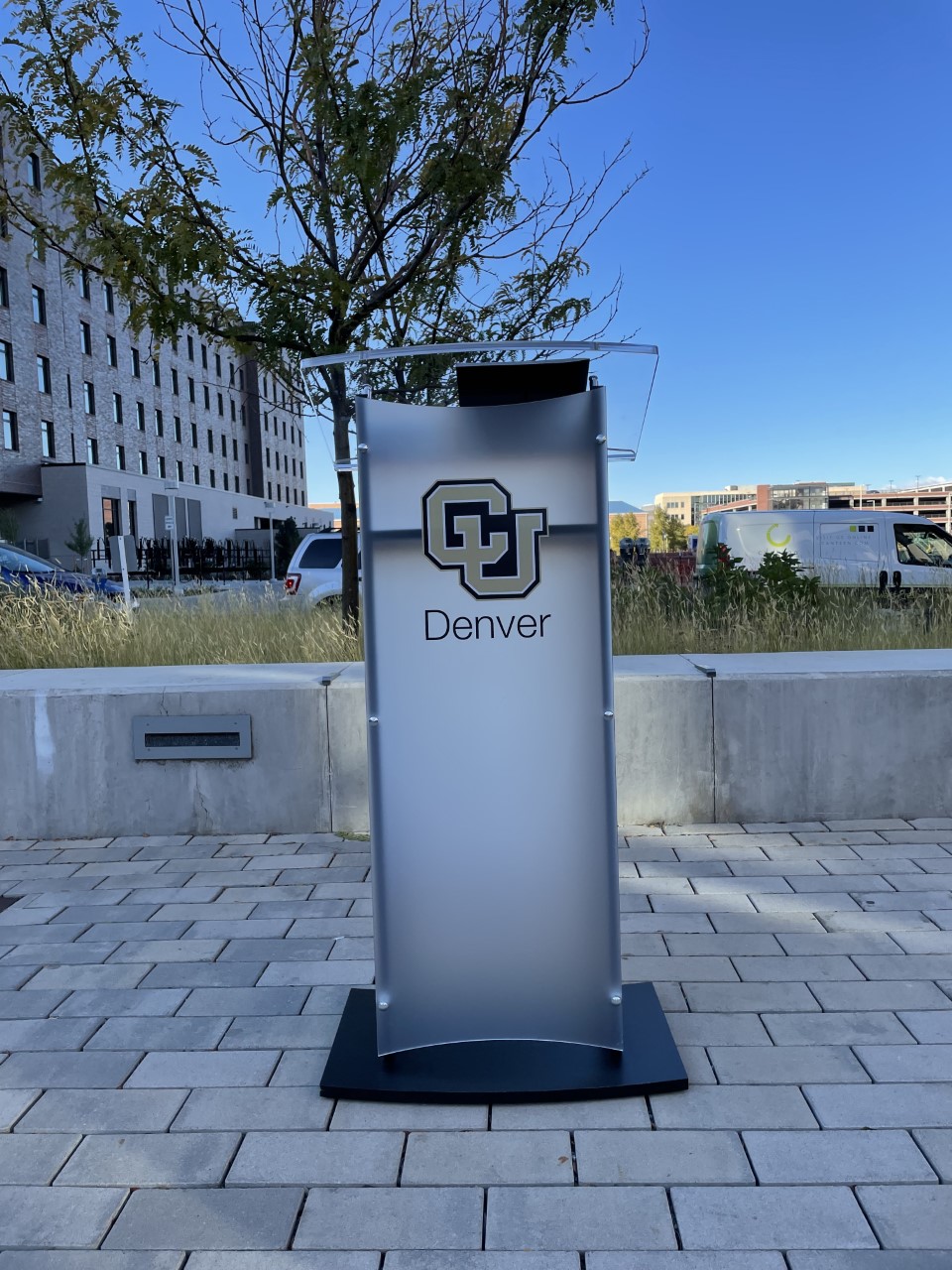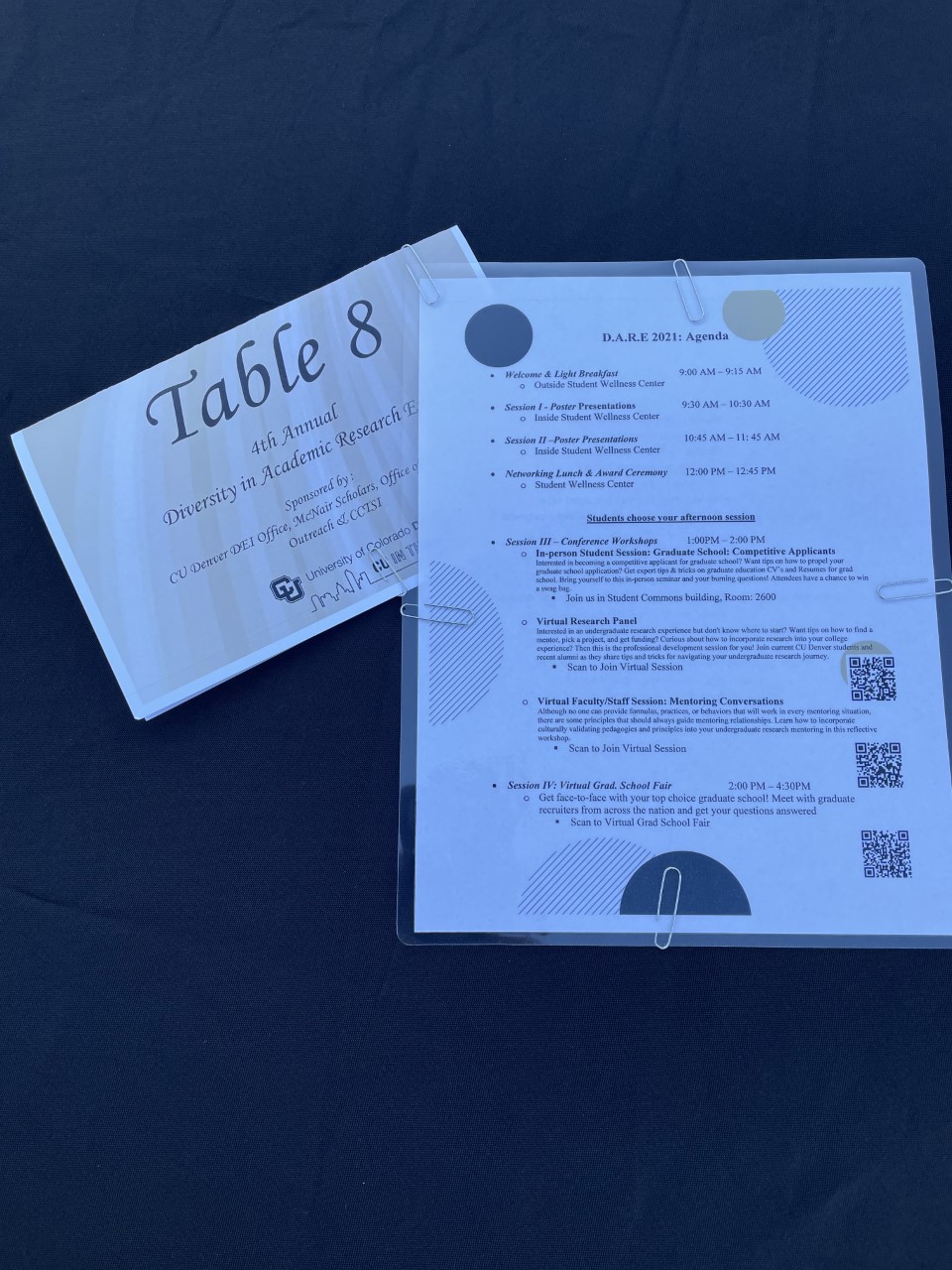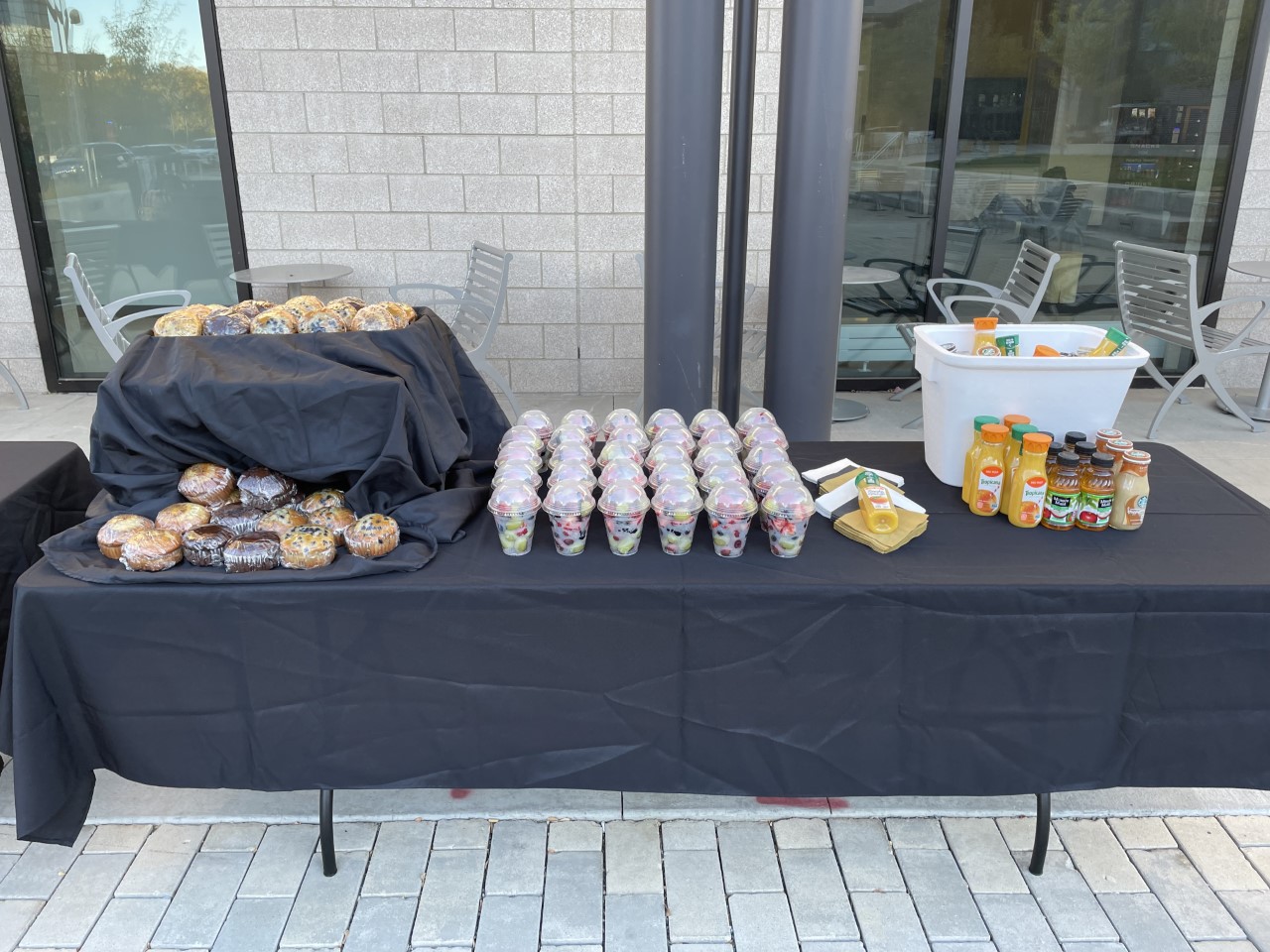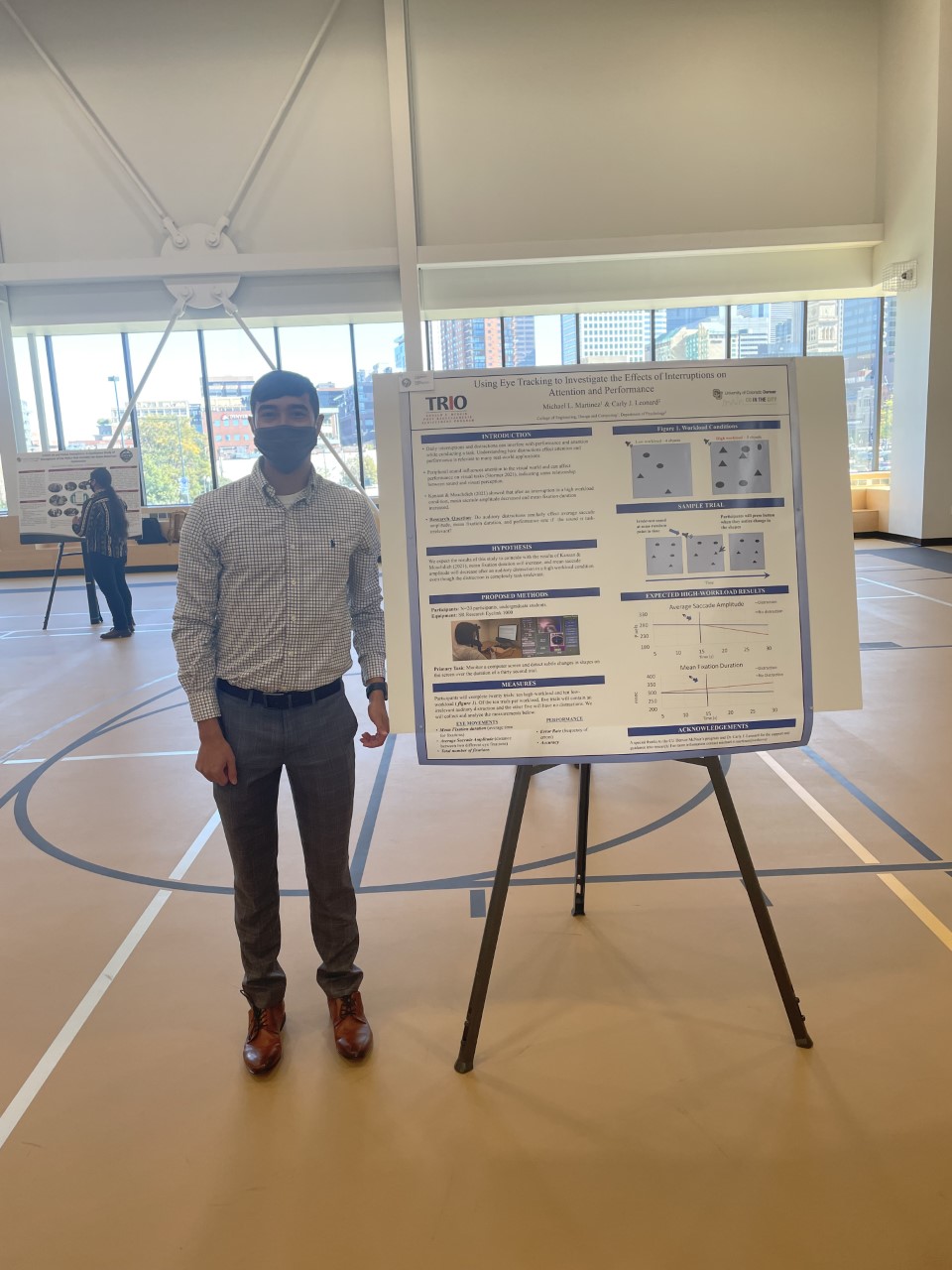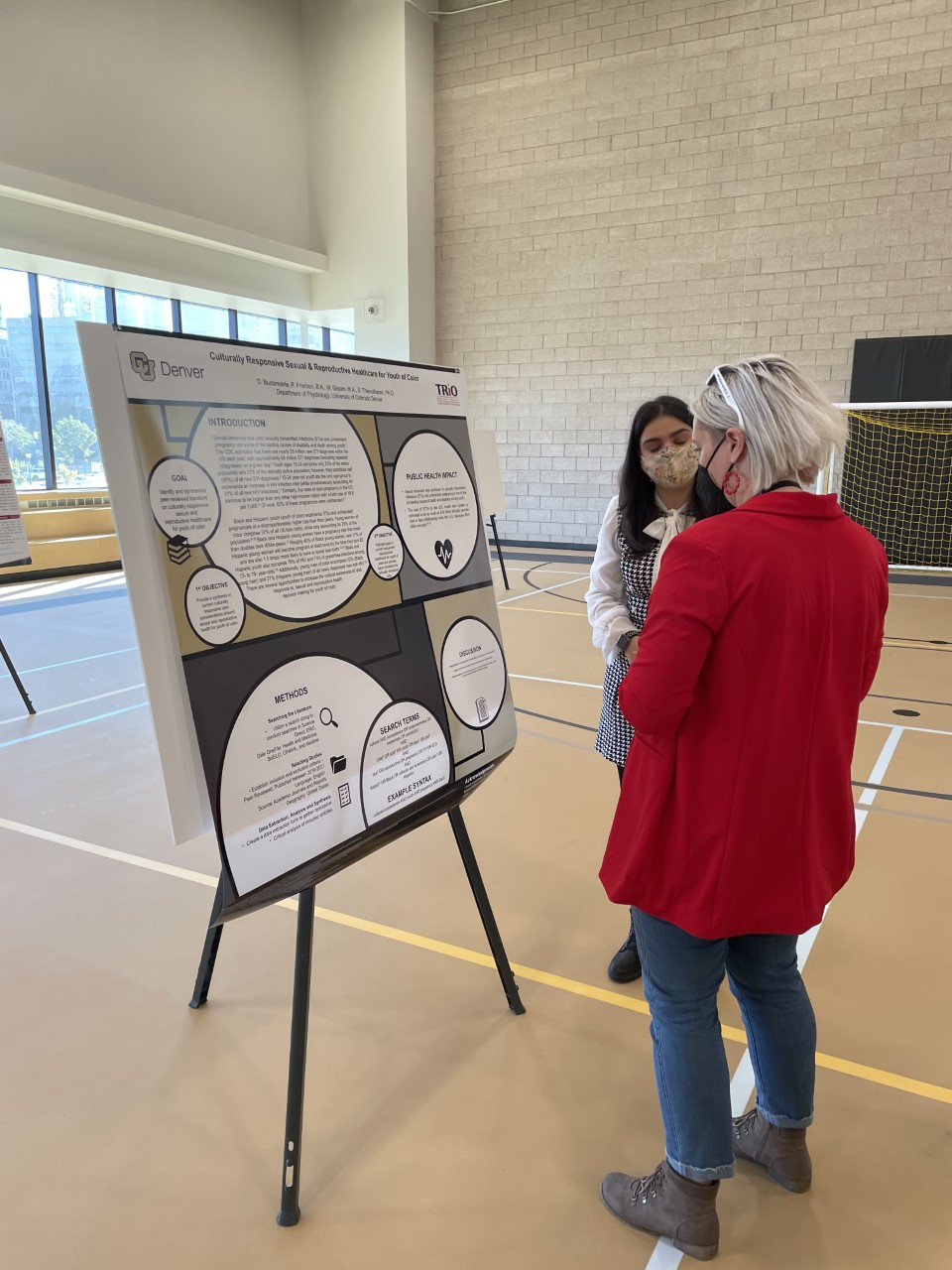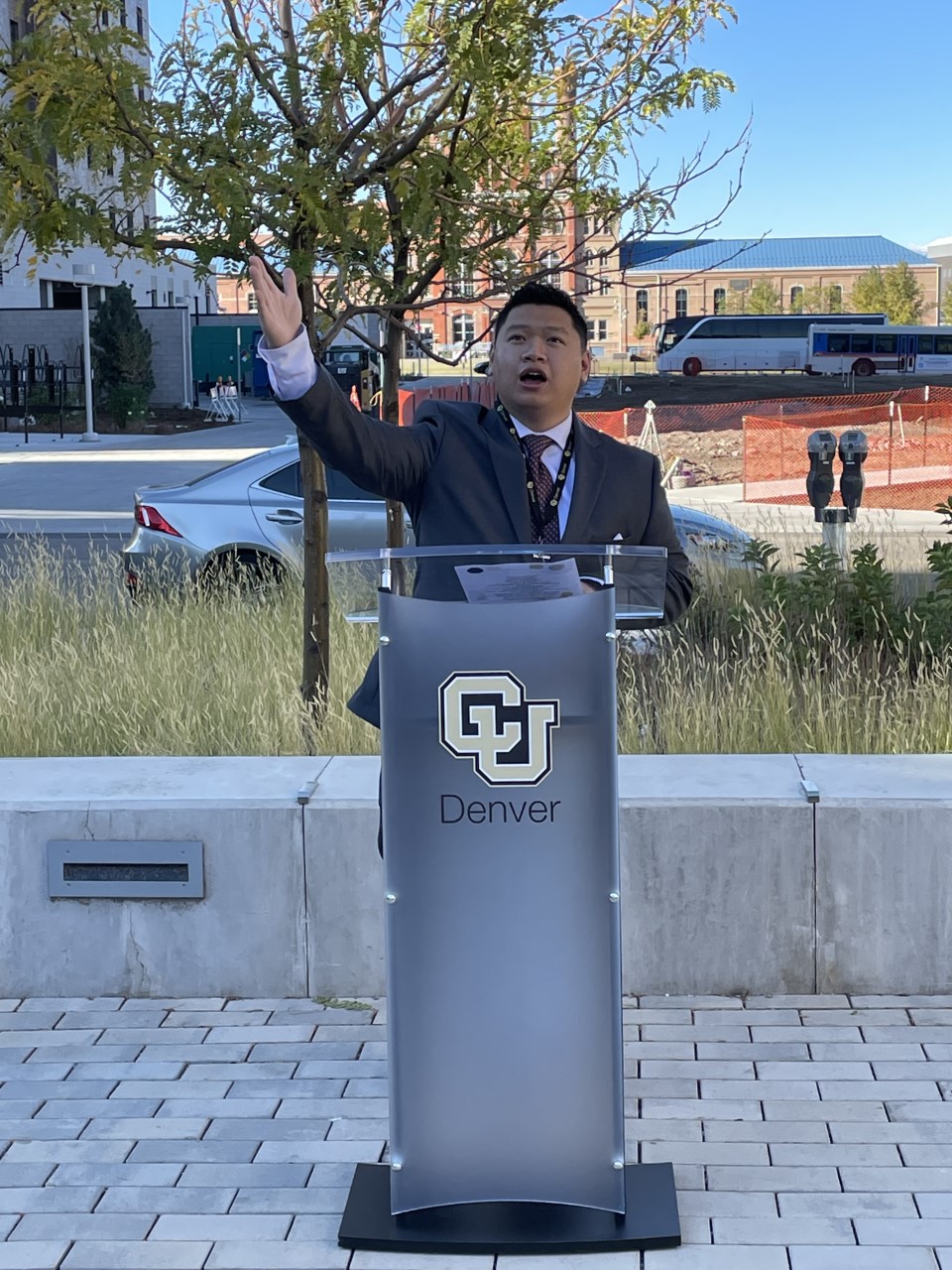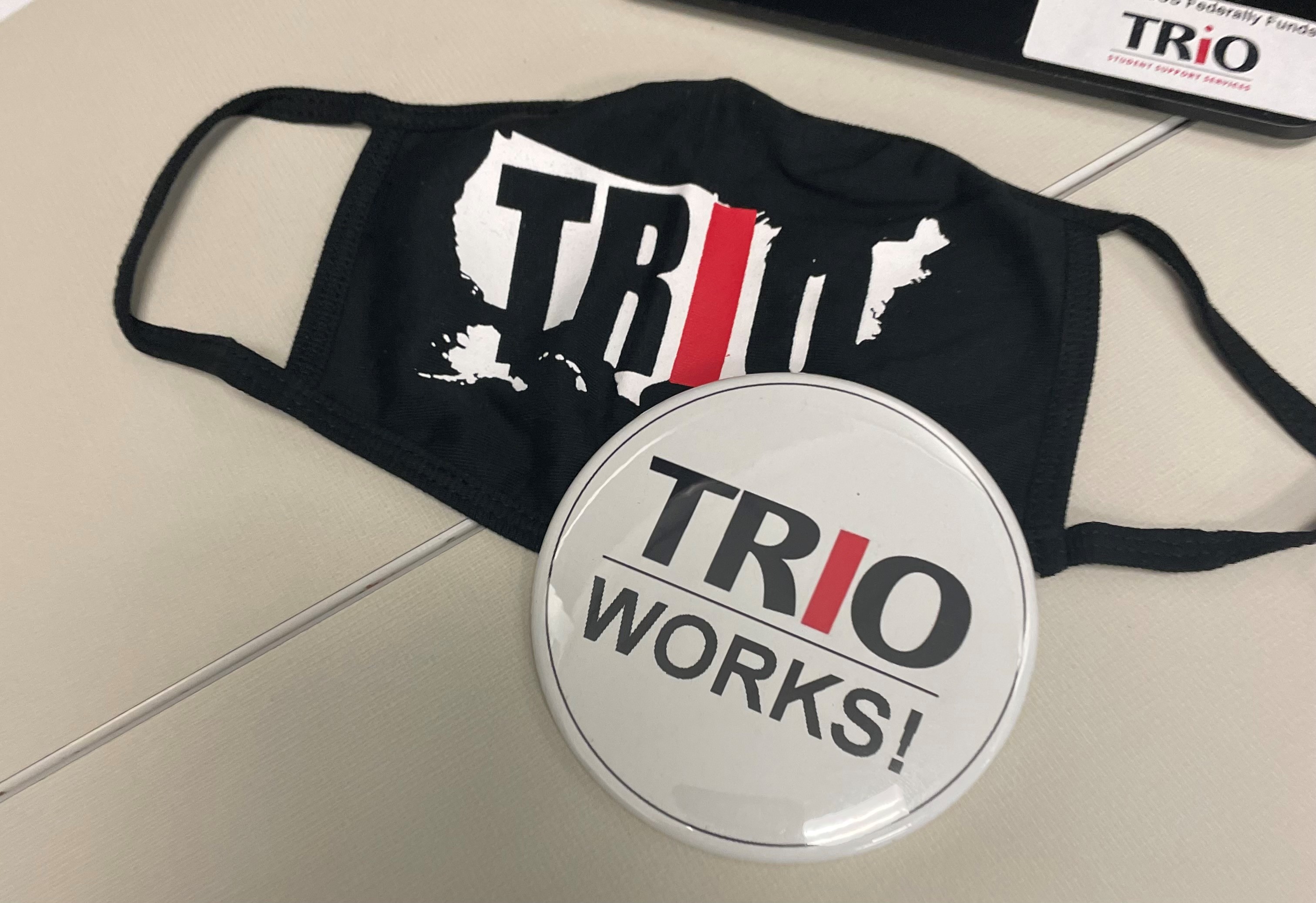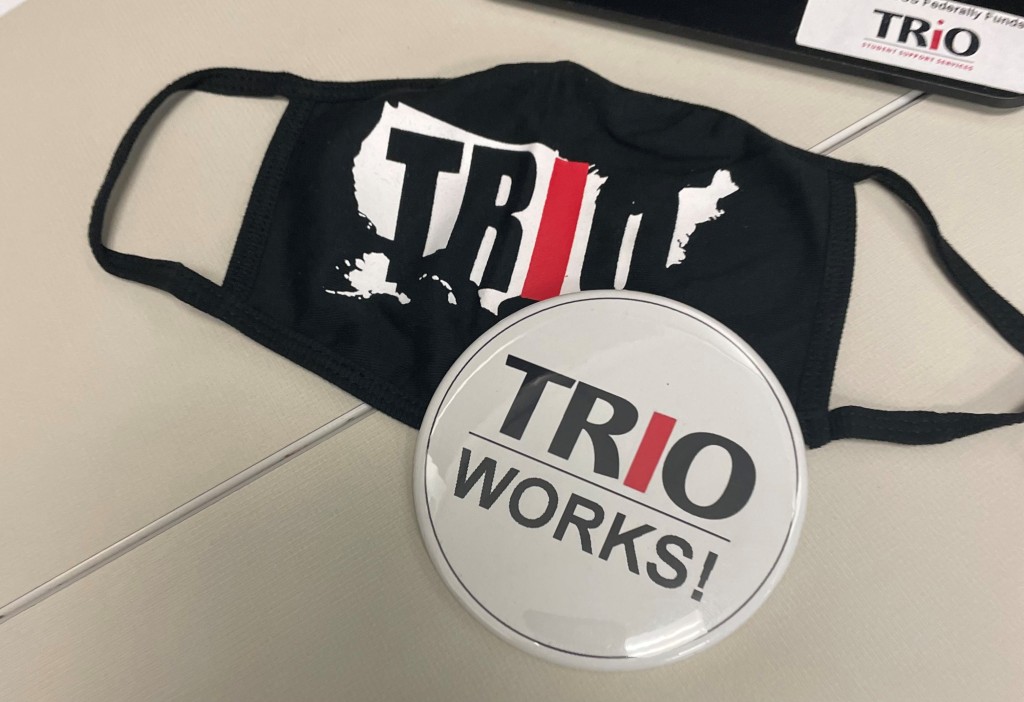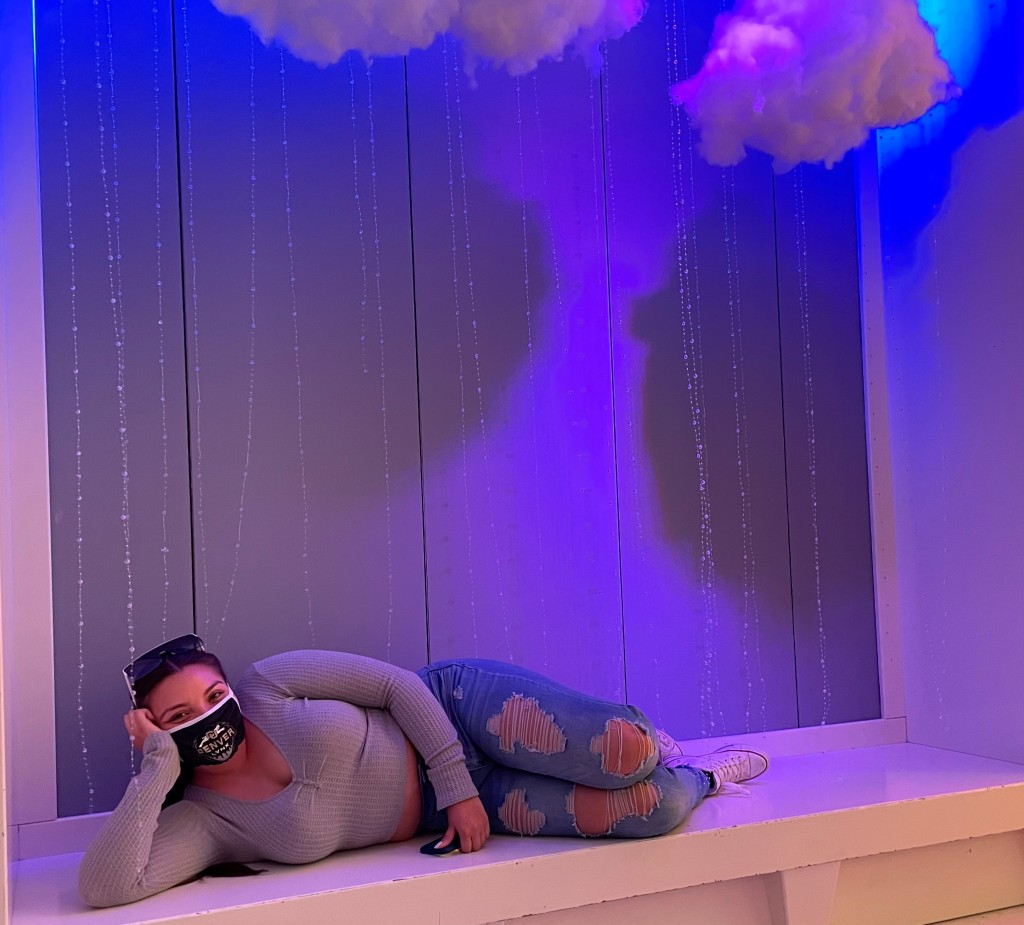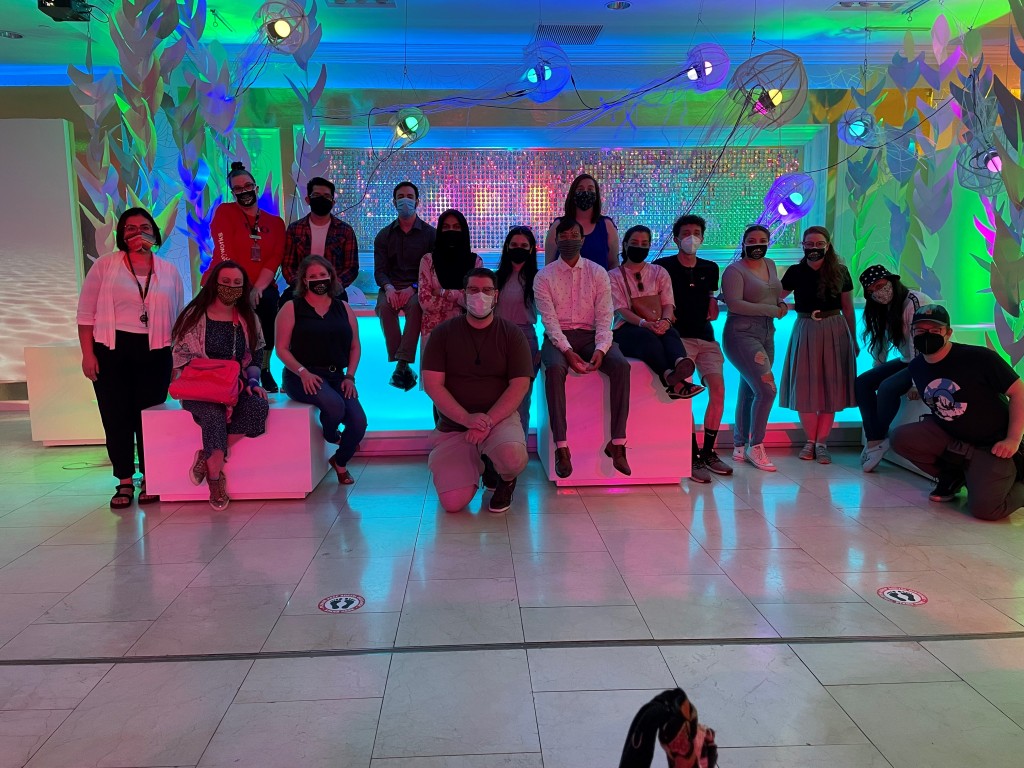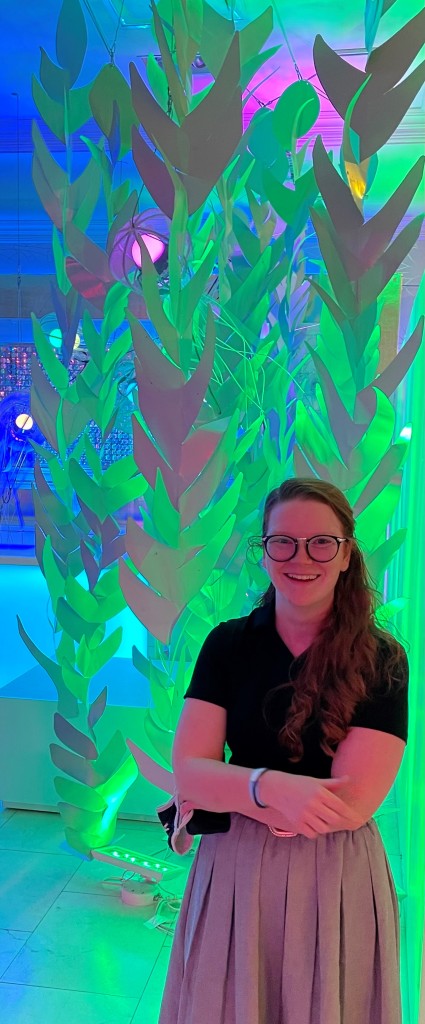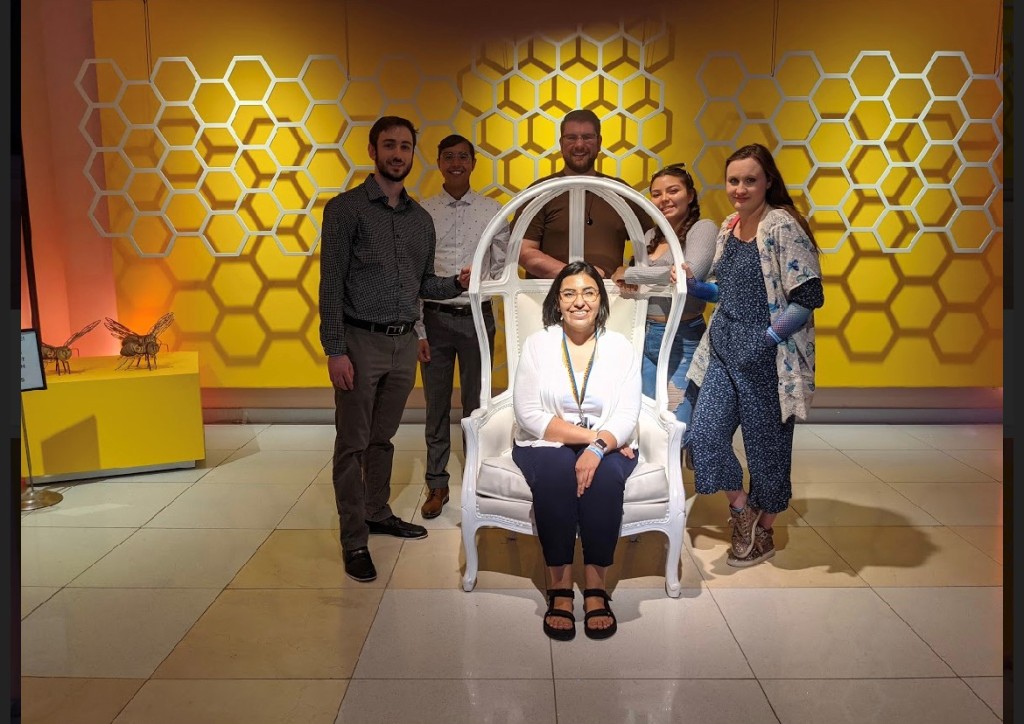The University of Colorado Denver TRIO McNair Scholars Program is honored to welcome Queen Esther Pompee to the TRIO McNair community. Queen Esther is fiercely passionate about public administration and is excited to engage in research and scholarly activity in the 2023 McNair Summer Intensive Research Experience. Since joining TRIO McNair this fall, Queen Esther has ensured to maximize McNair resources and is scheduled to attend the 2022 AGEP Student Success Conference provided by the Graduate School at Michigan State University. You can learn more about Queen Esther via her bio below and if you see her around, please give her a BIG CU Denver warm welcome!
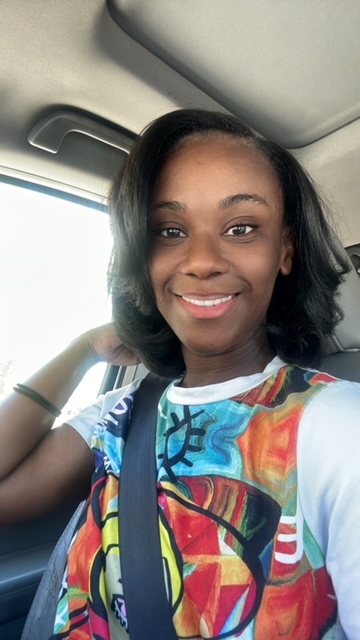
Greetings My Name is Esther J Pompee. My Pronouns are She/Her/Hers. I’m mainly known by Queen Esther. I’m Haitian American born and raised in Miami, FL. I’m a super mom to 7 amazing kids. I’m a transfer scholar & former Student Government Association President from Community College of Denver.
I’m pursuing my undergraduate studies in Public Administration minoring in Pre-Law. My goals are to go to law school. If I’m not able, then I will plan to pursue my Master’s in Public Policy. I’m a McNair & TRIO SSS Scholar. Lastly, I’m a CU Denver Honors Scholar. Currently, I’m reading “The 1619 Project” I enjoy watching documentaries. The apps I use daily are “Word of the day” “Apple Fitness” “LinkedIn“
My values are Integrity, Courageous, Community & Perseverance. My values provide me with the strength to defeat adversity & connect with my community to build a relationship. I’m obsessed with transforming myself. I believe if you’re the same person yesterday, then you’re not changing for the better.
I love riding my dirt bike on the weekends. I love going on hikes with my kids. I’m a fur mom to a Cane Corso name Renzo, and a husky name Diamond. My favorite color is Rose Gold. My favorite food is Caribbean food. Four words that describe me are Fierce, Assertive, Passionate, Leader and Dedicated
The women I look up to are Mrs. Lisa Neal Graves, Mrs. Marielena DeSantis, Justice Ketanji Brown Jackson, Stacey Abrams, and Corey Bush. To see women that I look up to makes me believe that I’m capable of being successful.
—
“Never be limited by other people’s limited imaginations.”
Queen Esther J

